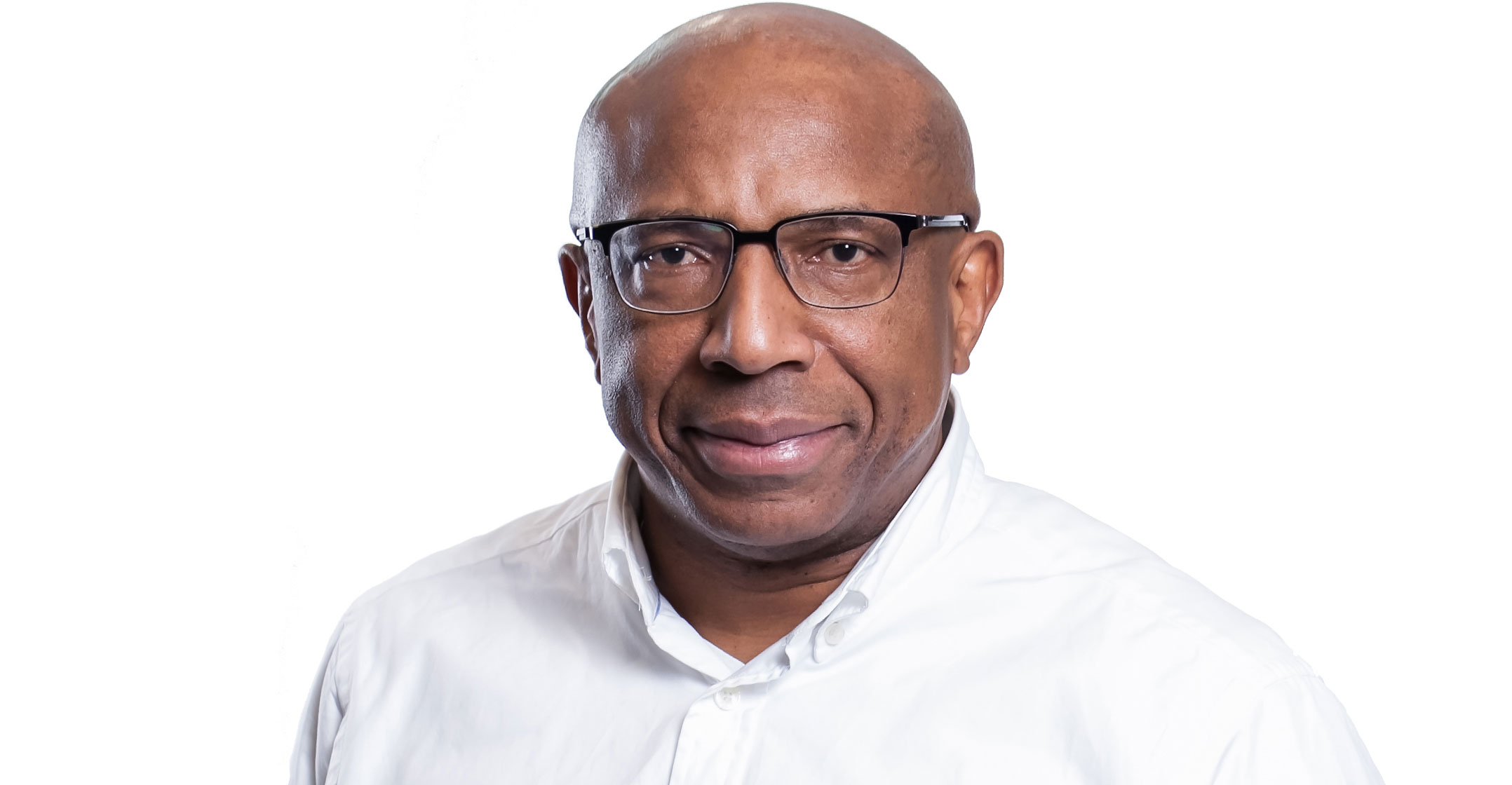
Telkom CEO Sipho Maseko on Monday warned that communications regulator Icasa’s draft regulations on call termination rates for the next three years could force the operator into a very difficult position, with the potential that it could ultimately withdraw from providing services in rural areas.
At a press conference at the company’s Centurion head office, Maseko, who described proposed fixed termination rates as a “calamity”, repeated sentiments he echoed in an interview with TechCentral last Thursday in which he said Icasa is unfairly targeting smaller operators – and especially Telkom – while giving Vodacom and MTN, which dominate in mobile telecommunications in South Africa, a far easier ride.
Icasa said last week that it again intends cutting call termination rates, the prices operators may charge each other to carry calls between their networks. Termination rates have fallen dramatically in the past eight years, from a high of R1.25/minute. Icasa said the 90% reduction in the rates “has contributed to the significant decline in retail rates over the years”.
Icasa has proposed a further “glide path”, with the rates reduced on mobile and fixed lines to 12c/minute and 8c/minute respectively from October 2018. It wants them cut to 10c and 5c in October 2019 and to 9c and 3c from October 2020. There will continue to be “asymmetry” in the rates to benefit smaller market players and foster competition. The asymmetry (or difference in price) for mobile services is proposed to be set at 5c/minute from October 2018 to September 2020 and 4c/minute from October 2020 onward. Asymmetry for fixed services is proposed to be 1c from October 2018 to September 2020 and fall away completely from October 2020.
The planned adjustments, however, will harm rather than help competition, Maseko said at Monday’s press conference.
He said Vodacom and MTN have benefited disproportionately over the years. “From 1994 to around 20 years later, conservatively, we think what would have been received by the two mobile network operators was around R70-billion (not inflation adjusted). This peaked in 2008 at R5.4-billion, relative to what we received: R577-million. Telkom at the time did not have a mobile network. Termination asymmetry (between fixed and mobile) should have ended at that time… Asymmetry continues up till today.”
 In effect, Telkom pays Vodacom and MTN a subsidy each year, he said.
In effect, Telkom pays Vodacom and MTN a subsidy each year, he said.
“The whole notion of termination rates has come to be absolutely fundamental. It plays into market structure and the nature of competition… In spite of a lot of investment in the network and in a constrained competitive environment and disruptive products we have brought into the marketplace, even after we’ve done this we have not seen a change in the market structure dynamics. MTN and Vodacom have more than 75% market share. Their revenue market share is even higher, at about 90%, with the balanced shared between Telkom, Cell C and the rest…
“The two dominant players in the market have had to endure a less aggressive reduction in their termination rates (relative to Telkom). Despite the fact that Telkom is the smallest player, the asymmetry in favour of the bigger players (in fixed versus mobile call termination) remains.”
Maseko said it is imperative that the level of asymmetry between big players and smaller players be larger to ensure the smaller operators are able to compete effectively. “The proposed 5c asymmetry is absolutely negligible.”
He also accused Icasa of ignoring convergence between fixed and mobile services and for punishing fixed providers unfairly. “Ignoring what is happening around convergence is a major travesty.”
Icasa’s proposal to reduce fixed termination rates to just 3c/minute at the end of the guide-path period makes no sense, Maseko said. “We produce a voice call at (a cost of) 6c. To be competitive below cost, it becomes an unviable proposition for us. We cannot provide a service to customers below cost.”
The draft regulations, he said, “seem to suggest that (Icasa) wants to make the stronger (operators) win. It wants to get the smaller ones either to be a lot weaker or to lose. We don’t think any regulatory dispensation should have that at the core. If we lose because our products are crap or our service is crap, that’s okay. But if we lose because the fundamental design of the playing is such that it’s skewed against you because of the regulatory structure, we have to go back to the drawing board and ask if it is still necessary for us to provide services in the rural areas…? Is it still necessary for us to provide services in uneconomic areas? Should we continue to provide public telephone services? All of that begins to challenge the business model we have. It means we have to review what we invest in, when we invest in it, where do we want to participate? Should we just be a business that operates in greater Gauteng, greater Cape Town and greater Durban only?”
Pointing to the example of India, Maseko said regulators in some countries now have higher call termination for fixed networks because the mobile operators have become so dominant. India “inverted the level of asymmetry. It must always be informed by what sort of competitive market structure you want to see.”
Telkom will on Tuesday meet with organised labour to take the unions through the potential impact of Icasa’s draft regulations. “If you end up at 3c termination rate on fixed, it’s a calamity – a big problem. We’d rather have that conversation with organised labour now rather than later.” — © 2018 NewsCentral Media

